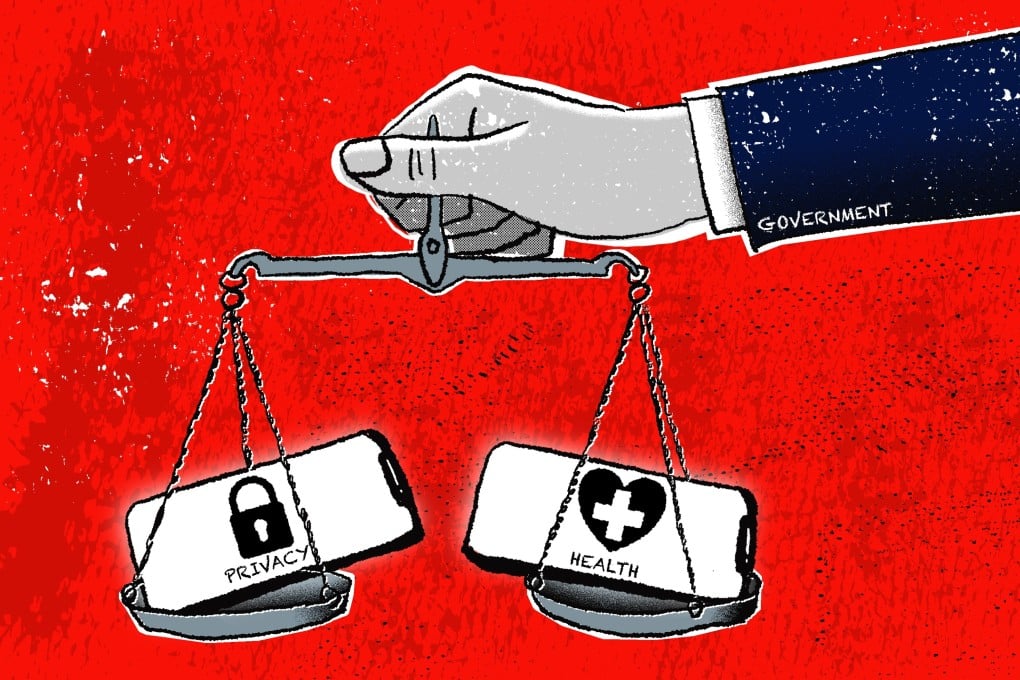Contact tracing – the privacy vs urgency dilemma for governments in the fight against Covid-19
- China has been quick to experiment with digital contact tracing, enlisting domestic tech giants to build QR-code-based quarantine apps during the pandemic
- The US approach to contact tracing has been fragmented and slow to launch, with no national program in place, although privacy has been top of mind

This story is part of an ongoing series on US-China relations, jointly produced by the South China Morning Post and POLITICO, with reporting from Asia and the United States.
Using an app on your smartphone to track whether you’ve been in close contact with people who have contracted Covid-19 seems – at first glance – like a perfectly plausible way to use new technology to help tackle a global health crisis that has sickened millions and brought the world economy to its knees.
There’s just one problem – data privacy.
Tracing the whereabouts of infected patients has become a central plank in government efforts around the world to contain the spread of the novel coronavirus. In the past, contact tracing was done through in-person interviews with medical professionals. Now smartphones have the power to streamline and automate that process.
China has been quick to experiment with digital contact tracing, enlisting domestic tech giants to build QR-code-based quarantine apps during the early stages of the outbreak. Collecting a vast swathe of user data – including location – China’s quarantine apps have empowered authorities to use big data to locate threats and take preventive action.
But this approach has raised enormous privacy and surveillance concerns in the West. To allay public fears, tech giants and many governments in the West have now trained their efforts on contact-tracing solutions that do not collect location data and analyse only anonymised and decentralised data – such as Bluetooth technology – despite some health authorities’ fears that those restrictions will blunt their effectiveness.
Others, including some US states, are pushing ahead with apps that track locations, though at the risk of spotty adoption by a public skittish about privacy. Indeed, fears over tracking in the West could spill over into public unwillingness to be tested for Covid-19 at all – hampering containment efforts.